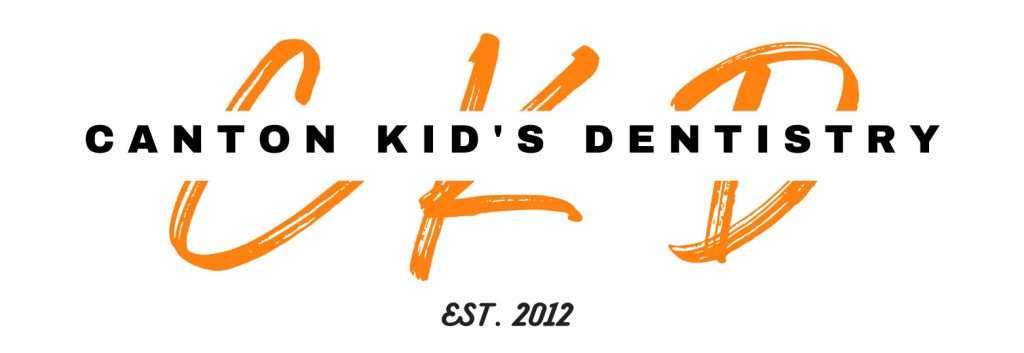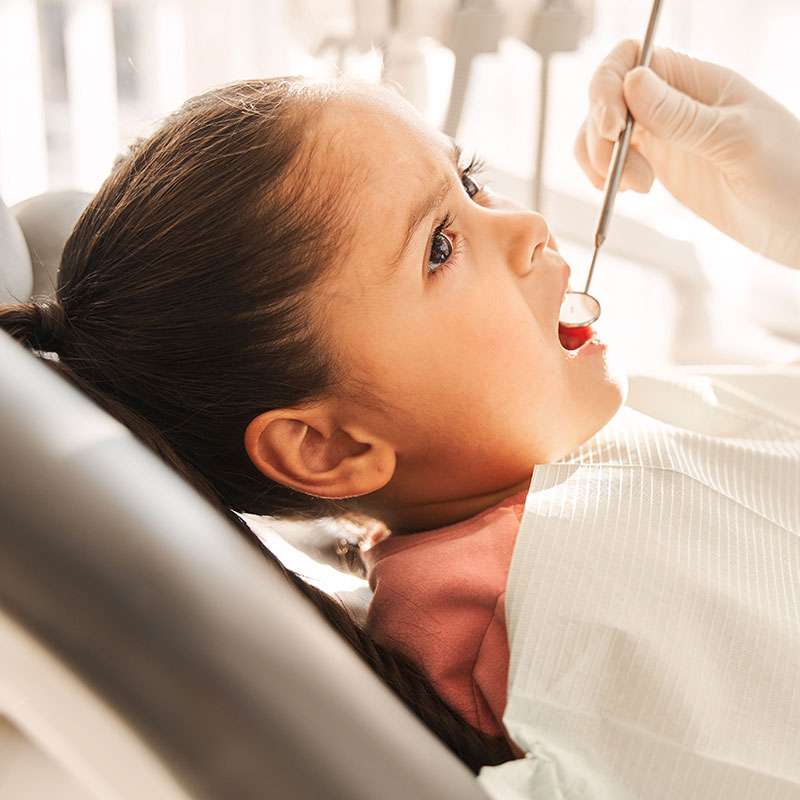It’s easy to think of baby teeth as just temporary placeholders. After all, they eventually fall out—so how important could they really be?
The truth is, baby teeth play a critical role in your child’s development. They help with everything from eating and speaking to guiding permanent teeth into the right positions. More importantly, the health of baby teeth directly impacts a child’s overall well-being.
This guide breaks down why early dental care matters, how baby teeth contribute to long-term oral health, and what parents can do to protect them.
Why Baby Teeth Deserve Attention
Baby teeth—also called primary teeth—begin to appear around six months of age and usually finish erupting by age three. Even though they’re small and eventually fall out, their job is anything but minor.
Healthy baby teeth allow your child to:
- Chew properly and get the nutrition they need
- Learn to pronounce words and speak clearly
- Maintain space for adult teeth to come in correctly
- Avoid infections, pain, and other complications that can affect health and behavior
When a baby tooth becomes decayed or infected, it doesn’t just affect the mouth—it can lead to missed school days, poor sleep, trouble eating, and even issues with self-esteem.
Common Misconceptions About Baby Teeth
Many parents are surprised to learn that cavities in baby teeth can be serious. There’s a widespread myth that because these teeth fall out, it’s not a big deal if they get a little decayed. But untreated tooth decay in baby teeth can quickly escalate into infections that spread to surrounding tissue or interfere with permanent teeth as they develop.
Another common belief is that dental visits can wait until age 3 or later. In reality, the American Academy of Pediatric Dentistry recommends that children visit the dentist by age 1 or within six months of the first tooth erupting. Early visits help spot problems before they start and build a foundation of trust and comfort with dental care.
How Baby Teeth Impact Future Dental Health
Think of baby teeth as the blueprint for your child’s permanent smile. They help guide adult teeth into place, and losing them too early can disrupt this process. When a baby tooth is lost due to decay or infection, the surrounding teeth may shift into the empty space—leading to misalignment and potential orthodontic issues down the road.
Additionally, healthy baby teeth support proper jaw development and muscle coordination. If your child experiences pain or sensitivity, they may chew differently or avoid certain foods, which can affect both nutrition and oral development.
Establishing Good Habits Early On
Caring for baby teeth is about more than just brushing. It’s about creating daily habits and positive dental experiences that set the tone for a lifetime of oral health.
Here’s how to start strong:
- Begin brushing as soon as the first tooth appears, using a tiny smear of fluoride toothpaste
- Help your child brush twice a day until they can do it effectively on their own (usually around age 6 or 7)
- Avoid putting your child to bed with a bottle containing anything other than water
- Limit sugary snacks and drinks, especially between meals
- Schedule regular dental visits every six months to monitor development and catch issues early
Kids who grow up viewing dental care as a normal part of life are more likely to carry those habits into adulthood.
Warning Signs Parents Shouldn’t Ignore
While baby teeth often look healthy on the surface, decay can begin without obvious symptoms. That’s why early dental checkups are so important.
However, if you notice any of the following signs, it’s time to schedule a visit:
- Brown or white spots on teeth
- Red, swollen, or bleeding gums
- Complaints of tooth pain or sensitivity
- Trouble chewing or avoiding certain foods
- Persistent bad breath
Catching problems early not only reduces the need for more involved treatments later — it also keeps your child more comfortable and confident.
The Role of Pediatric Dental Care
A pediatric dentist isn’t just checking for cavities. They’re evaluating your child’s entire oral development—jaw growth, bite alignment, spacing, and even habits like thumb-sucking or pacifier use. They also offer preventive services such as fluoride treatments and sealants, and they help coach families through each stage of growth.
Most importantly, pediatric dentists create a welcoming environment where children feel safe. That trust can help prevent dental anxiety and build a positive attitude toward dental care from the very beginning.
Baby Teeth Are a Big Deal
Just because baby teeth fall out doesn’t mean they don’t matter. These small but mighty teeth serve essential roles in your child’s health and development—and caring for them now lays the groundwork for a strong, healthy adult smile.
Looking for Support with Your Child’s Dental Health?
If you’re near Canton, GA and want guidance on your child’s early dental care, Canton’s Kids Dentistry is here to help. Our compassionate team offers personalized, preventive-focused care to ensure every child gets a healthy start.
Call today and request your child’s next appointment and see why baby teeth are worth every bit of attention.

